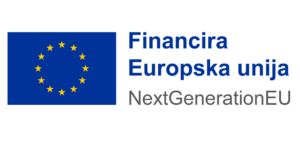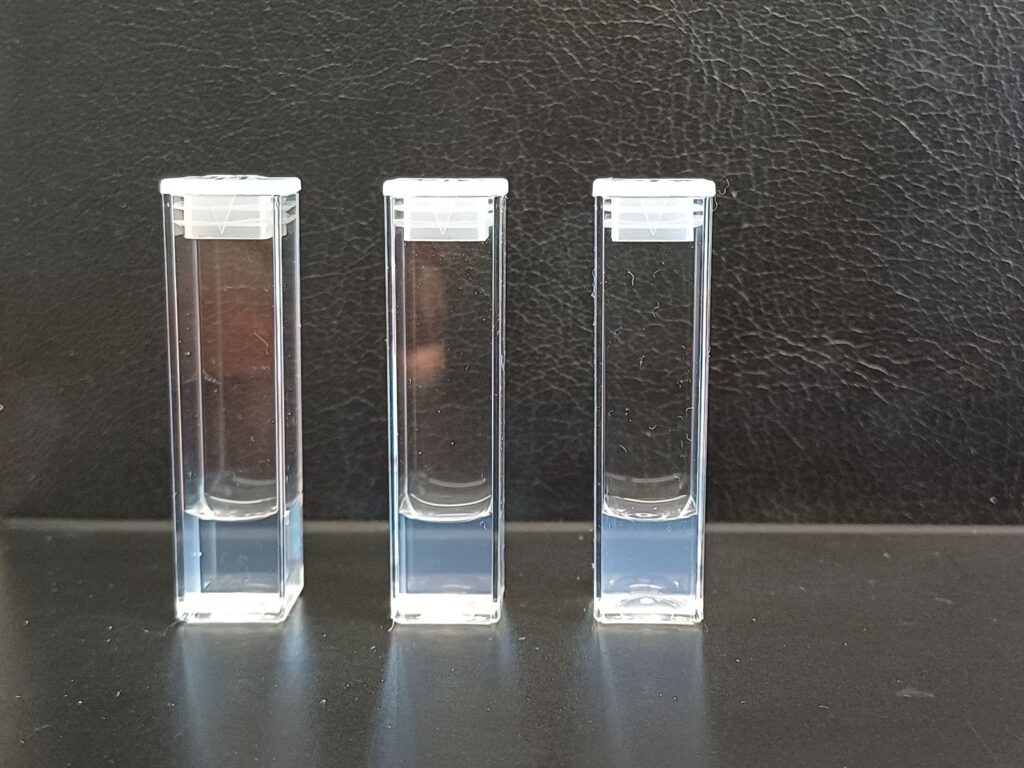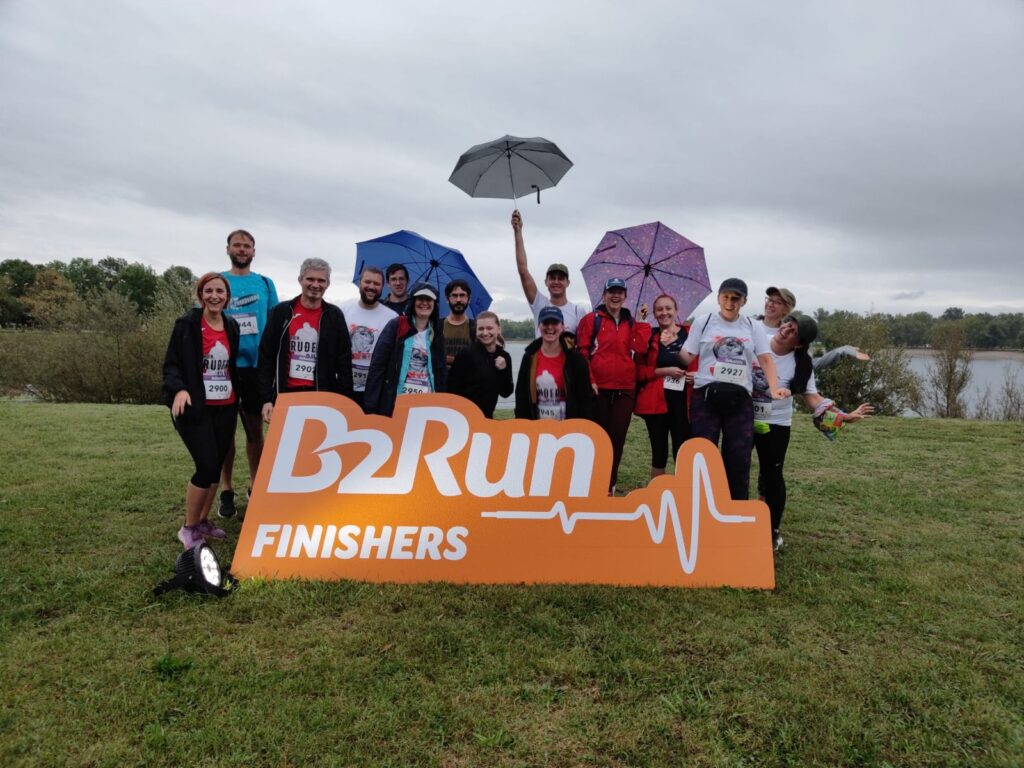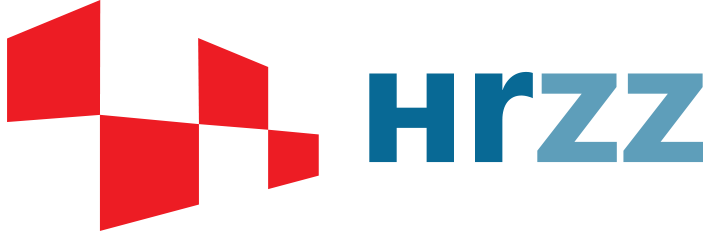Jednogodišnje gostovanje Ljiljane Spasojević na Institutu Ruđer Bošković
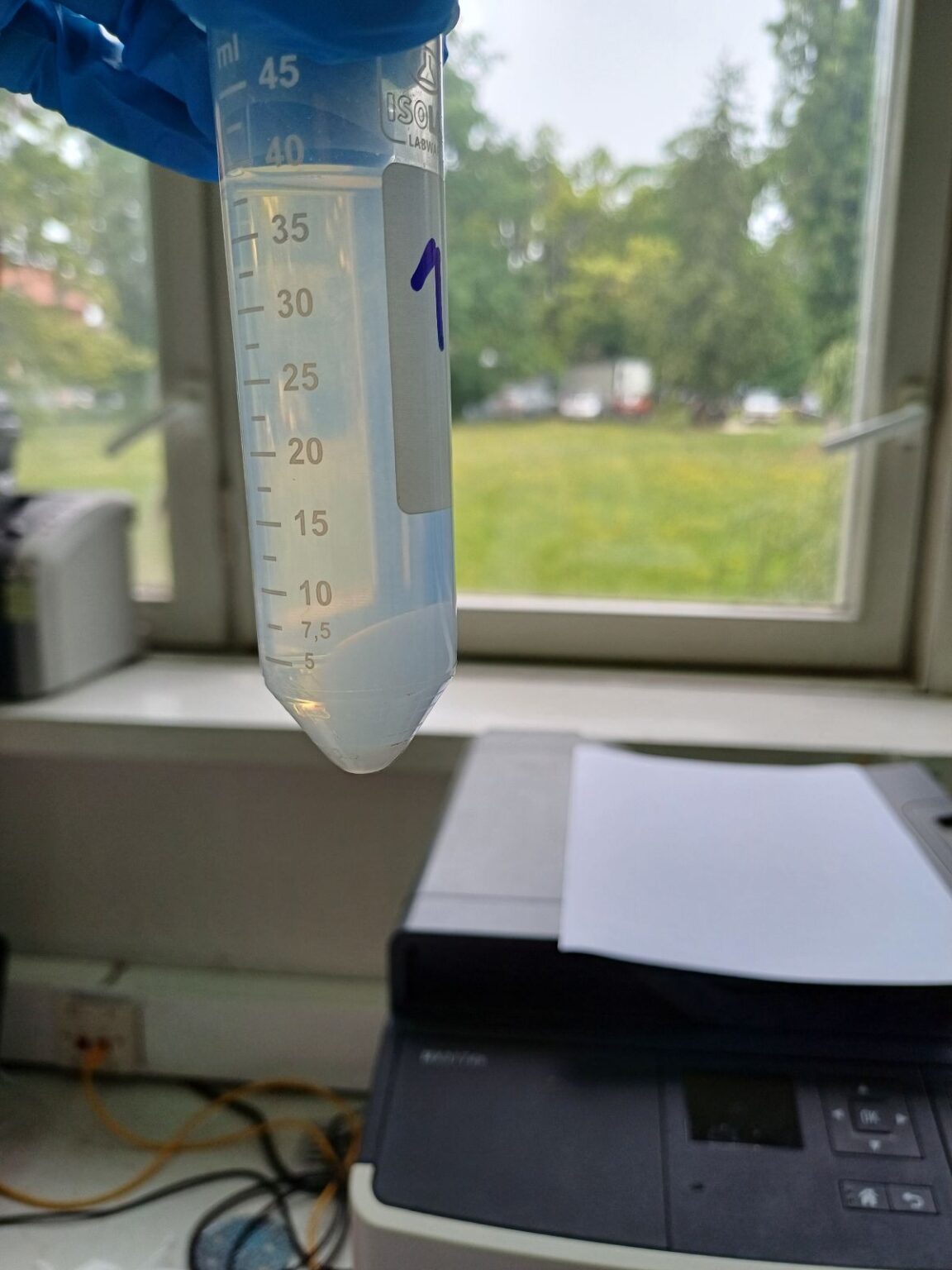
Dr. sc. Ljiljana Spasojević je doktorica znanosti iz polja tehnološkog inženjerstva, a zaposlena je na Tehnološkom fakultetu Univerziteta u Novom Sadu. U okviru programa Dolazne mobilnosti viših asistenata dr. sc. Spasojević provela je godinu dana na Institutu Ruđer Bošković, gdje joj je Mentor-domaćin bila dr. sc. Maja Dutour Sikirić, voditeljica Laboratorija za biokoloide i površinsku kemiju. Ljiljana je svoje istraživanje provodila u okviru projekta Surface transfer of pathogens (STOP), koji je usmjeren na razvoj antimikrobnih premaza za sprječavanje prijenosa patogena putem površina koje se često dodiruju (eng. High-touch surfaces). Cilj projekta je razviti nanopremaze koji se mogu jednostavno, sprejanjem, nanijeti na različite površine. Ljiljana nam je prenijela svoje dojmove iz Zagreba.
How did your collaboration with your Host Mentor come about and how come you selected Croatia as the destination for your postdoctoral training?
I had known my Host Mentor, Dr. Maja Dutour Sikirić, for several years before the start of the mobility program, and we had been looking for an opportunity to formalize our collaboration. The Croatian Science Foundation call for mobility grants was the perfect chance for us to work together and for me to gain valuable knowledge and experience. Additionally, I spent some time in Zagreb as a student, and I loved coming back.
Could you compare the two institutions and countries in terms of research infrastructure, working conditions, atmosphere etc.?
At the University of Novi Sad, I work as a researcher at the Faculty, so moving to a large institution like the Ruđer Bošković Institute was quite a shift. There are many buildings, a lot of colleagues, and a constant flow of activity — everything moves at a faster pace. Working at Ruđer Bošković Institute was intense, but also engaging and rewarding. I noticed there was a significant number of ongoing projects and a strong level of financial support provided by EU funds. Compared to Serbia, where access to such funding opportunities is more limited, this creates a noticeable difference in the scope and scale of research activities and infrastructure. On the other hand, a bit slower pace at my home institution gives me a lot of time and space for new ideas and independent research. I believe both systems have their advantages, and I feel fortunate to have experienced both environments.
Could you briefly describe the research you conducted at Ruđer Bošković Institute and how it connects to the research you are doing at your home institution? Did you come to any major breakthroughs, new research directions etc.?
During my stay at Ruđer Bošković Institute, I focused on the stabilization of TiO₂ nanomaterial suspensions in water using different chemical compounds (dispersants). I conducted stability and adsorption experiments using two shapes of TiO₂ nanomaterials — spheres and plates — combined with four different dispersants. The results, once published, could serve as a solid foundation for the preparation and application of TiO₂ suspensions in aqueous systems. This research complements the topics I am working on at my home institution, especially in the context of developing functional and sustainable materials.
How did you enjoy life in Zagreb and Croatia in this past year? Did you face any challenges during your time here? Do you wish you could have extended your stay?
I really enjoyed living in Zagreb! It’s just the right size — big enough to always find something new, yet compact enough to easily get around. The biggest challenge was actually finding time to explore everything I wanted: all the museums, concerts, parks, and sports activities. I could’ve definitely stayed longer. The city of Zagreb definitely has to offer a variety of events and places to visit. I especially loved living near Maksimir Park, which became my favorite place for daily walks. I also enjoyed the Zagreb Classic open-air music festival, strolling around Bundek and Jarun lakes, and discovering great restaurants in the city center. And, of course — the Croatian coastline is undoubtedly breathtaking.
What is the next step in your career and how has your stay in Croatia contributed to that goal?
The next step will certainly be applying for new research projects at both the national and European levels. My stay in Zagreb as part of this mobility program has given me a renewed sense of confidence and a fresh perspective on planning and conducting scientific research. Perhaps the most valuable aspect of my time in Croatia was the opportunity to meet new people — fellow scientists and researchers — and to build meaningful, long-lasting connections that I believe will be invaluable for the future.
Sažetak Ljiljaninog usavršavanja:
Stabilne suspenzije nanomaterijala titanijevog dioksida ključ su uspješne i sigurne primjene velikog broja industrijskih i potrošačkih proizvoda (kozmetika, premazi, hrana). U velikom broju primjena najučinkovitiji način stabilizacije nanomaterijala je korištenje disperzanata, spojeva koji svojom adsorpcijom na površinu nanomaterijala sprječavaju agregaciju čestica. Usprkos velikom broju istraživanja različitih disperzanata za stabilizaciju nanomaterijala titanijevog dioksida, priprava stabilnih suspenzija za različite primjene još uvijek se temelji na metodi pokušaja i pogreške, što je vremenski i financijski zahtjevno. Cilj ovog projekta je istraživanjem brzine i mehanizama adsorpcije često korištenih disperzanata na nanomaterijale titanijevog dioksida doprinijeti razumijevanju procesa stabilizacije i parametara koji na njega utječu. Na taj način omogućio bi se lakši izbor odgovarajućeg disperzanta, što je od izuzetne važnosti kako u znanosti, tako i u gospodarstvu i očuvanju okoliša. Rad na temi od interesa za znanost i gospodarstvo, u međunarodnom okruženju, u sklopu projekta STOP, omogućit će mladom istraživaču upoznavanje s novim i naprednim tehnikama istraživanja, te uspostavu kontakata s drugim znanstvenim grupama i zainteresiranim tvrtkama, što će otvoriti nove mogućnosti napredovanja i razvijanja njegove istraživačke karijere.
